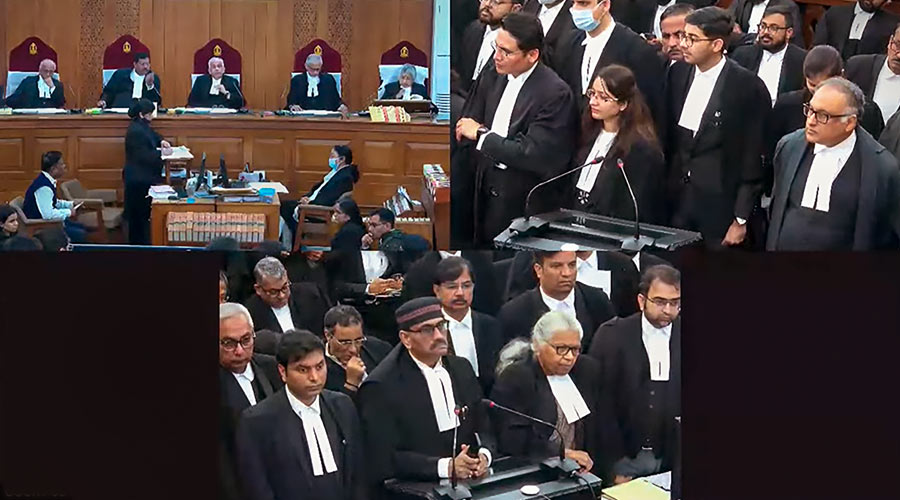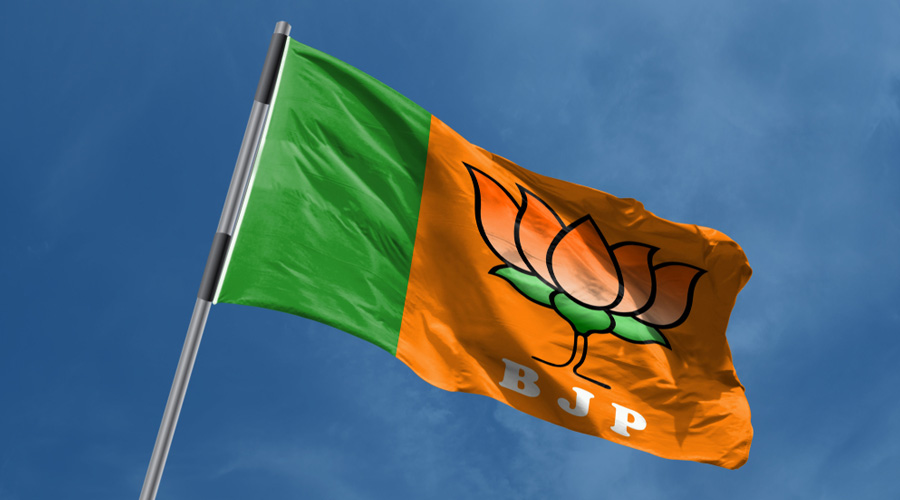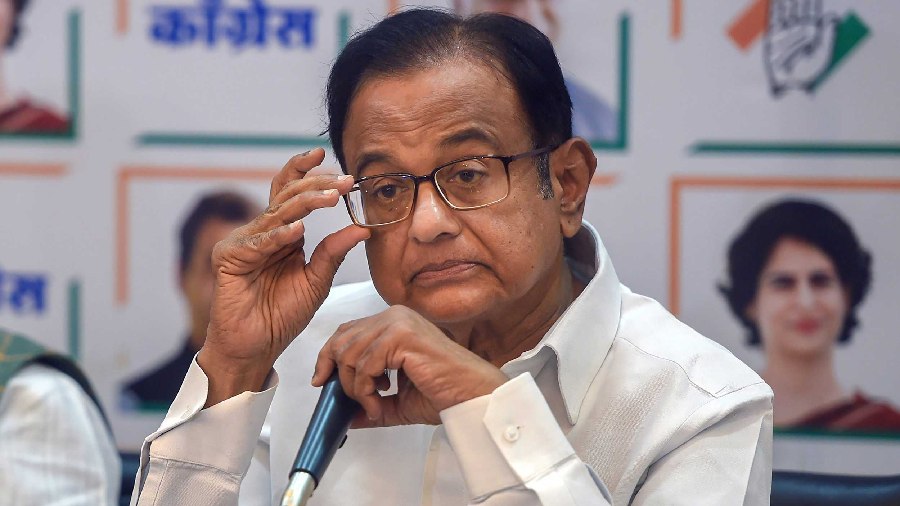More than six years after the Centre's decision to demonetise the Rs 1,000 and Rs 500 denomination notes, the Supreme Court in a 4:1 majority verdict on Monday upheld the 2016 move, saying the decision-making process was not flawed merely because the procedure emanated from the government.
Ruling that the decision to scrap the high-value currency notes does not suffer from any legal or constitutional flaw, the top court said there was consultation between the Reserve Bank of India (RBI) and the Union government for a period of six months.
Observing that the decision being the executive's economic policy cannot be reversed, a five-judge Constitution bench headed by Justice S A Nazeer said there has to be great restraint in matters of economic policy and the court cannot supplant the wisdom of the executive by a judicial review of its decision.
Justice B V Nagarathna dissented from the majority judgment on the point of the Centre's powers under section 26(2) of the RBI Act and said the scrapping of the Rs 500 and Rs 1,000 series notes had to be done through a legislation and not through a notification.
The bench, also comprising justices B R Gavai, A S Bopanna and V Ramasubramanian, said the notification dated November 8, 2016, which announced the decision to scrap the high-value currency notes, cannot be said to be unreasonable and struck down on the ground of decision-making process.
It added that the decision had a reasonable nexus with its objectives, such as eradicating black money, terror funding etc., and it is not relevant whether those objectives were achieved or not.
The apex court said the 52-day window provided for the exchange of the demonetised notes with legal tenders was not unreasonable and it cannot be extended now.
"There was consultation between the Centre and the Reserve Bank of India for a period of six months. We hold that there was a reasonable nexus to bring such a measure, and we hold that demonetisation was not hit by the doctrine of proportionality," the bench said.
"The power available to the Centre under section 26(2) of the RBI Act cannot be restricted to mean that it can be exercised only for some series of notes and not for all series of notes. Merely because on two earlier occasions the demonetisation exercise was by plenary legislation, it cannot be held that such power would not be available to the central government," Justice Gavai, who read the majority judgment, said.
The bench said section 26(2) does not provide for excessive legislation in as much as there is an in-built safeguard that such a power has to be exercised on the recommendation of the RBI's central board and that it is not liable to be struck down.
"The notification does not suffer from any flaws in the decision-making process. The notification satisfies the test of proportionality and as such cannot be struck down.
The period provided by the impugned notification cannot be said to be unreasonable. The RBI does not possess independent power to accept the demonetised notes beyond the specified period. We direct the registry to place the matter before the CJI for placing before the appropriate bench," the court said.
The top court's judgment came on a batch of 58 petitions challenging the demonetisation exercise announced by the Centre on November 8, 2016.
Justice Nagarathna, who was the juniormost judge in the Constitution bench, said demonetisation of all series of notes at the Centre's instance is a far more serious issue that has wider implications on the economy and the citizens of the country.
Observing that there was no independent application of mind by the RBI, she said the entire exercise was carried out in 24 hours.
"In my view, the power of the central government being vast has to be exercised through a plenary legislation rather than by an executive act by issuance of notification. It is necessary that Parliament, which consists of the representatives of the people of the country, discusses the matter and thereafter, approves the matter," Justice Nagarathna said.
In her minority verdict, Justice Nagarathna held that the demonetisation of the Rs 500 and Rs 1,000 currency notes was vitiated and unlawful.
The top court had, on December 7, reserved its verdict on the pleas and directed the Centre and the RBI to put the relevant records relating to the government's 2016 decision on record for its perusal.
Calling the demonetisation of the Rs 500 and Rs 1,000 currency notes "deeply flawed", senior advocate P Chidambaram, who appeared in the court on behalf of the petitioners, had argued that the Centre cannot on its own initiate any proposal relating to legal tender, which can only be done on the recommendation of the RBI's central board.
Resisting the apex court's attempt to revisit the 2016 exercise, the government had said the court cannot decide a matter when no tangible relief can be granted by way of "putting the clock back" and "unscrambling a scrambled egg".
The RBI had earlier admitted in its submission that there were "temporary hardships" and that those too are an integral part of the nation-building process, but there was a mechanism by which the problems that arose were solved.
The Centre recently told the top court in an affidavit that the demonetisation exercise followed a "well-considered" decision and was part of a larger strategy to combat the menace of fake money, terror financing, black money and tax evasion.
Defending the exercise, the Union government had told the apex court that the step was taken after extensive consultations with the RBI and that advance preparations were made before the notes ban was enforced.













